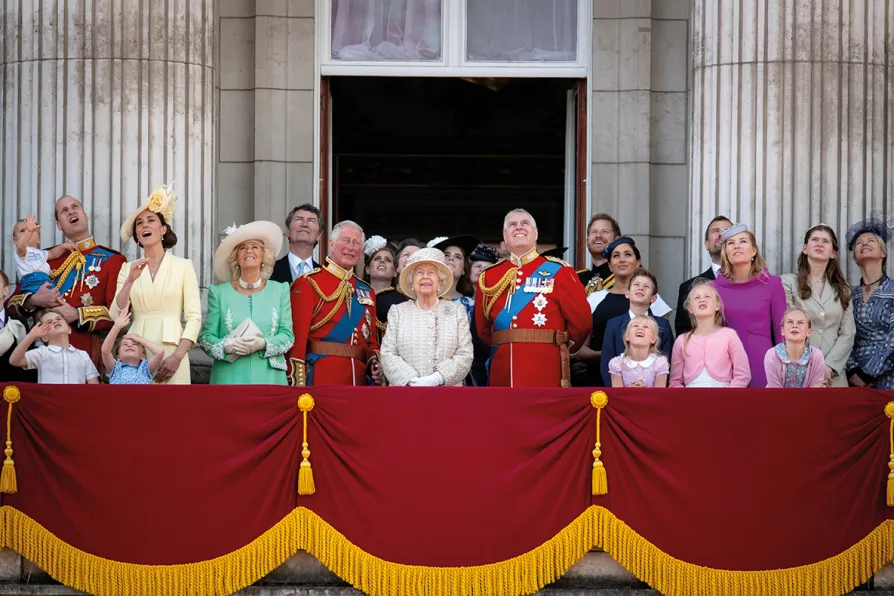Does widespread and uncontrolled use of AI change our relationship with scientific meaning? Or with each other? ask ROX MIDDLETON, LIAM SHAW and MIRIAM GAUNTLETT


JUST OCCASIONALLY the intimate relationship between Britain’s royals and the Saudi Arabian dynasty — a family raised by the masters of the British empire from a nomadic existence to rule over the Arabian sands — is exposed to scrutiny.
When Turkish intelligence let it be known that they had audio on the 2018 dismemberment — by royal appointment — of the Saudi dissident journalist Jamal Khashoggi the carefully contrived image of Mohammed Bin Salman as an enlightened ruler virtuously engaged in modernising his desert kingdom took a fatal hit.
The assassination was carried out by the personal entourage of Salman. After secret “trials” three of his top security officials were acquitted, a clutch of junior officials were condemned to death and as the tradition has it, pardoned according to the wishes of Khashoggi’s family whose consent to this procedure was no doubt hastened by a combination of sticks and carrots.

JAMIE BRITTON reaches for the sick bucket as he is forced to engorge detail after detail of the Royal Family’s wealth

STEPHEN ARNELL wonders at the family resemblance between former prince Andrew and his great-uncle ‘Dickie’











